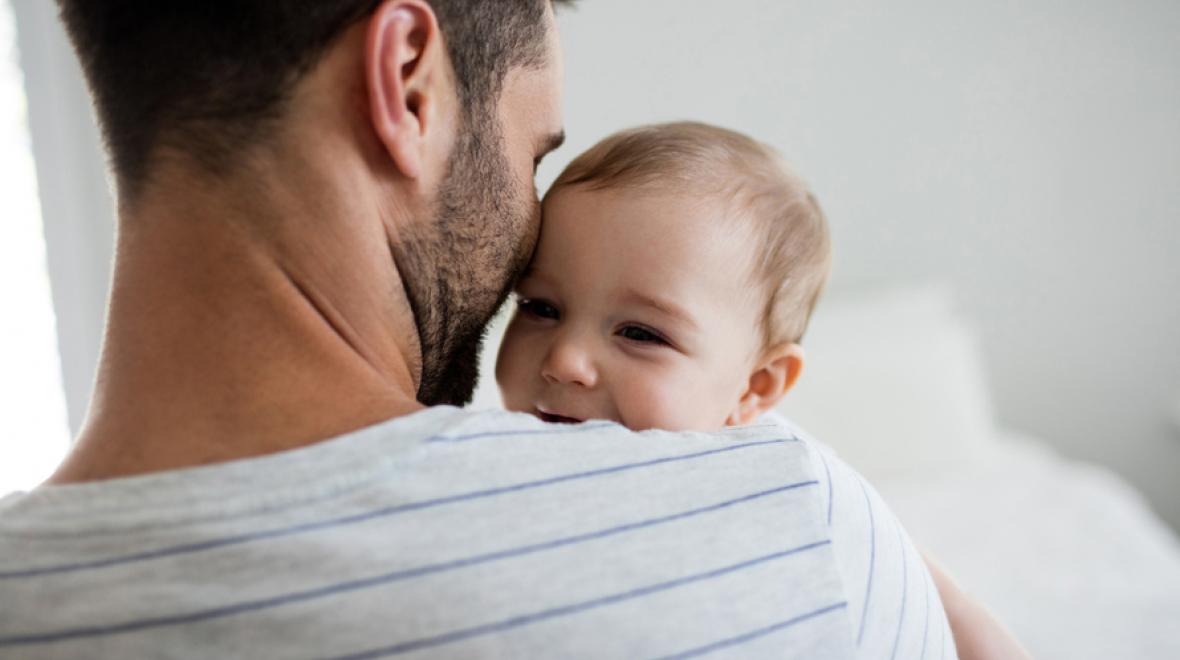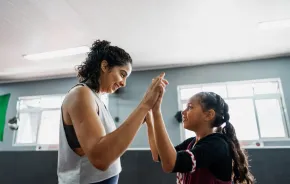
Since becoming a father two years ago, I’ve noticed a common reaction among friends and family. They regard my competent, engaged parenting as if they’re watching a dog ride a tricycle. They all say the same thing: “You seem like such a good dad!” It’s uttered with a hint of genuine surprise — a question mark hovering behind the exclamation point — that I find a bit bruising to the ego. Exactly how bad of a dad did they think I’d be?
If I’m being honest with myself, I can understand their amazement. I had no idea what type of dad I’d be, either.
My life’s résumé doesn’t exactly scream “nurturing caregiver.” The first infant I ever held for more than an obligatory 20 seconds was my own. Before him, I had no interest in babies. Thrust one into my arms and I’d immediately start scanning the room for the nearest capable adult. I certainly never pictured myself posting Instagram Stories from the toddler gym, or getting so stoked when we finally manage to snag the shopping cart with the built-in kid car at PCC.
I enjoy being a dad, and my loved ones are simply expressing relief at this turn of events. They’re happy to see me assume the mantle of “dadhood.” They’re rooting for me, if perhaps a bit overeagerly.
People rarely praise women in the same way.
But there’s more to it than that. When I mentioned all the rave reviews I’ve been getting, a mom friend pointed out that people rarely praise women in the same way because it’s expected of them.
For moms, unswerving maternal devotion and domestic proficiency are considered minimum requirements. Furthermore, recent studies have shown that women continue to do 50 percent more of the household chores.
The bar remains much lower for dads than moms; guys like me get bonus points for basic parenting. This can cut both ways: Some of my dad friends grumble that even though they’re the primary caregivers, people still remark upon seeing an unaccompanied father with kids in tow that he’s “babysitting,” thus downgrading a full-time occupation to something you can outsource to the teenager down the block. And let’s not even get started on that obnoxious moniker from the early ’80s, “Mr. Mom.”
Given the deeply ingrained double standards around parenting, it’s worth noting that some of my most feminist friends are among those who give me the biggest props for being a decent dad. But why give me credit for something they experience as unacknowledged debt?
I’ve puzzled over this phenomenon, and I’ve come to understand what my feminist friends already know: It’s in everyone’s best interests to encourage empathetic and committed dads. We’re going to need a whole lot more of them to undo all these lopsided, outdated parenting expectations.
If that means I get a little extra praise for fulfilling basic duties that women have shouldered without fanfare for millennia, I suppose I can take the compliment, albeit with reservations. I am a good dad — or at least I aim to be — so thank you for noticing. Just try not to act too surprised about it.











